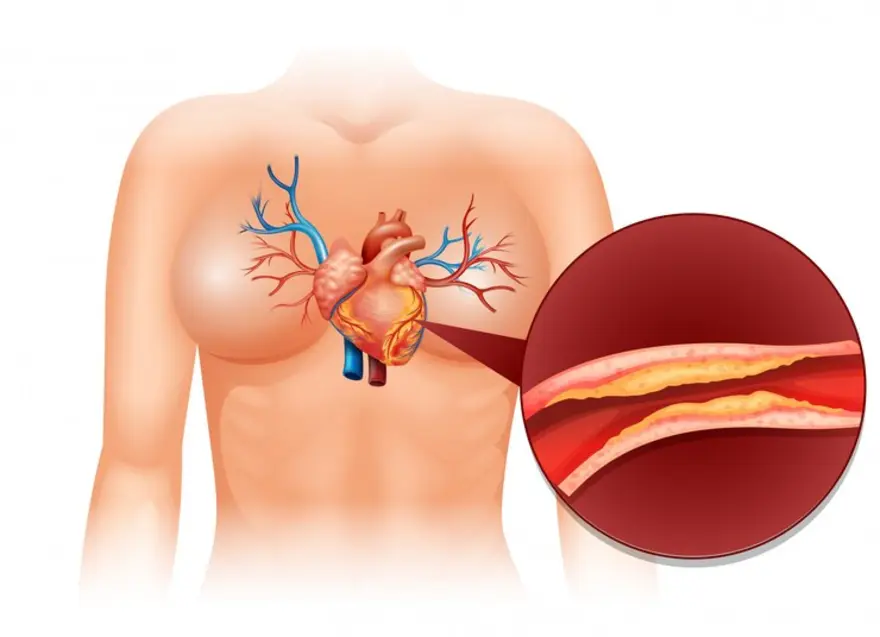stress disorders symptoms
Could you be Addicted to the Internet, This is How it Feels and Tips to Help Yourself
Internet addiction disorder Find yourself distracted and restless to check your smartphone while being in an office meeting? Cannot sleep without moving to the next level of your current favorite online game? Well, it might be Internet Addiction Disorder. It refers to an excessive, problematic, compulsive use of the internet. It is a growing problem in today’s time, affecting adolescents and adults likewise. How does Internet addiction affect you? It might not appear as a grave concern at first but eventually the ill effects become quite prominent as they begin impacting your day-to-day life: Reduces your ability to concentrate and think deeply or creatively: The persistent pings or notifications of your smartphone can distract while you are trying to focus on important tasks, impede your work, and interfere with those quiet moments that are quintessential to creative thinking. Precipitates loneliness and depression: You may feel quite engaged and lost in yourself while being online, but the overuse ultimately results in negative feelings such as loneliness and depression. You may be trying to kill the boredom with the internet, but it can actually make you feel even worse due to feeling guilty of wasting your time on useless stuff.Also, social media predisposes users, especially teens, to compare their life and experiences unfavorably with their peers, that promotes feelings of failure, loneliness and depression. Fuels anxiety and reduces me- time: One study has found that compulsive use of smartphones tends to make people more anxious and perform poorly on assigned tasks. The heavier a person’s phone use, the less time one gets for self-care. Linger on the Internet for hours and end up having guilt? Make a healthy use of this “online” time and book yourself a comprehensive health checkup. Book here. Increases stress: You may have FOMO (fear of missing out) if you miss out on that one buzz! You may feel pressured to always be online and continually checking and responding to pings. This habit can lead to higher stress levels and even burnout in the long run. Interrupts your sleep: Overuse of smartphones is a well-known culprit to disrupt your sleep. It can impact your memory, metabolism, energy levels, and reduce your cognitive and learning skills. Can give withdrawal symptoms just like any other addiction: When you try to cut back on your smartphone use, it is not unlikely to get restless, angry or irritable, sleep deprived and anxious Change your internet use, one step at a time Unlike other substance addiction, it is impossible and impractical to completely refrain from your smartphones and internet. It has become a part and parcel of life, so the trick is to modify your internet usage step by step and cut back to more healthy levels of use. Fix times when you cannot use your smartphone: Keep your phone out of your easy reach while you need to attend an important meeting or assignment. This applies to household work as well. Schedule internet use for certain free times of day, once you’ve completed an assignment or finished a chore. Do not sleep with your smartphones or tablets: Screens of digital devices emit blue light, which can disrupt your sleep. Do not use any screen 1-2 hours before you sleep. Turn your devices off or at least leave them in another room overnight. Forego eBooks on your phone or tablet at night and read directly from a book. Have alternative ways to fill the free time: Feeling bored? Use this time to nurture a hobby or cultivate a new hobby, meditate, read a book, or chat with friends in person. Use the free time to get indulged in healthier activities. This helps resist the urge to use the internet. Remove unnecessary, social media / shopping / gaming apps from your phone: It is okay to keep some apps to serve your needs. But it is not important to have numerous apps that are just there to eat your time away. If you find yourself compulsively checking social media apps, challenge yourself and stray away from opening them for some specified time period or a day. Remember what you see of others on social media is hardly a reflection of their lives- it is merely exaggerating the happy aspects of their lives, and brushing over the disappointments. Instead, speak to an elderly or a friend about any issues you might be facing. Have a sense of self-worth. Make use of technology to beat technology: there are various apps that can automatically limit when you’re able to access your phone. Even smartphones are coming with features to avoid internet addiction. Make use of such useful features. Cull your fear of missing out: It is okay to miss out on certain breaking news, or that new gossip. Accept that you were doing more meaningful stuff at those times. Seek help from mental health experts: If you think self-help is not enough to overcome the internet addiction disorder, consult an expert. Cognitive-behavioral therapy is an important modality for treatment of smartphone and Internet addiction. Nowadays, specialists offer digital detox programs to help you disconnect from digital media and stay connected with your inner self. Group therapy can also give you a moral boost in curbing your internet and phone use.An expert can also help you learn healthier ways of coping with negative feelings including depression, stress, or anxiety, or depression.Make sure to keep a check on your Internet use habits. Have a healthy mind and body- both online and offline!
 Home Visit
Home Visit Upload
Upload















 WhatsApp
WhatsApp